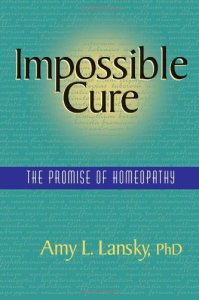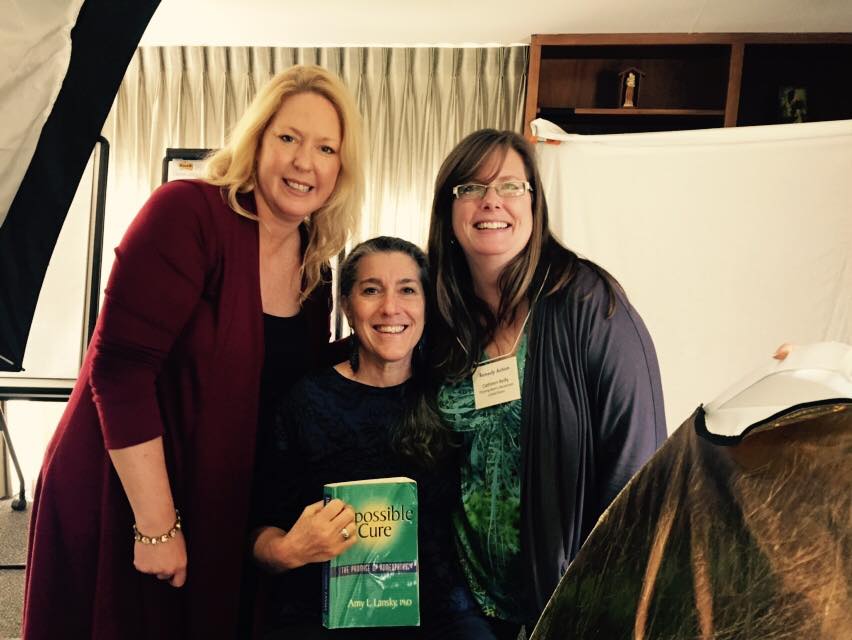 Every day, I get email from people from all over the world asking for advice about their homeopathic treatment. I spend a few hours each week answering their questions. I am not a practitioner and I do not provide actual homeopathic treatment. Nor do I receive any compensation for these efforts. But I do try to provide referrals and supportive advice to the best of my ability.
Every day, I get email from people from all over the world asking for advice about their homeopathic treatment. I spend a few hours each week answering their questions. I am not a practitioner and I do not provide actual homeopathic treatment. Nor do I receive any compensation for these efforts. But I do try to provide referrals and supportive advice to the best of my ability.
A great deal of the people who contact me are parents of autistic children. But not everyone is. People write to me from nearly every country — the U.S., Canada, India, Russia, Pakistan, Malaysia, Africa, South America, Europe, you name it! — with problems ranging from stomach woes to psoriasis to neurological disorders. After 12 years of doing this (Impossible Cure came out 12 years ago!), I have heard it all and have provided the same advice many, many times.
In February, 2015 I spoke to a small group of homeopaths and parents at a workshop focusing on autism treatment. I put together the following “Top 10″ list of pieces of advice that I think are important for every homeopathic patient to keep in mind.
1. Be patient. Parents of autistic children: your goal is a fully functional young adult, not a talking toddler! One of the top problems I see especially among autism parents is impatience. In fact, I wrote a previous Impossible Cure Newsletter article about it. But patience is also important for every patient undergoing homeopathic treatment to cultivate. Sometimes treatment with homeopathy can be miraculously fast. But usually it takes time, and often requires changes of remedy and dosing. Remember, homeopathy is about truly healing from the inside out, not quick symptom suppression.
2. When in doubt, contact your homeopath (who hopefully responds!) Often people will write to me with questions about their case instead of first contacting their homeopath. Please try to remember that your homeopath is the one who really understands your case. It is part of their job to answer your questions.
3. Educate yourself! This is especially true for parents, but it is also true for all homeopathic patients. You are on the front line of your own or your child’s treatment; be prepared and as confident as possible. Try to learn more about homeopathic philosophy, and especially about homeopathic aggravations, direction of cure, and dosing modifications. Remember that small changes in dosing or potency can sometimes make a big difference. Learn to distinguish between your or your child’s signs of aggravation vs. a symptom relapse. Try to understand the nature of systemic healing as deeply as you can. All of this knowledge can be gleaned from reading Impossible Cure. One of the reasons I wrote it was because I know that a patient who understands homeopathic philosophy and dosing is a better patient. Second-guessing your homeopath’s remedy selection, however, is usually unhelpful. The nuances of remedy prescription can’t be understood through a simple Google search.
4. Be systematic and cautious about all treatments. With so much information about health available to everyone these days, it is common for everyone — and especially autism families — to try every therapy under the sun, and often all at once! Unfortunately, this only brings confusion to you and your homeopath. How can you know what is doing what? Introduce one small change at a time — ideally for at least a couple of weeks — and see what happens. Always remember to let your homeopath know what treatments you are trying, including dietary changes and supplements.
5. Trust your instincts – about your or your child’s progress, about choosing a homeopath or changing homeopaths, and about listening to other people’s advice. It’s your body; it’s your child.
6. Your child’s behavior (or how you are actually feeling) is often more important than the results of a diagnostic test. We all tend to get obsessed with numbers on tests. Yes, sometimes such results are very important. But how you or your child feels and acts is often more important. Indeed, under homeopathic treatment, shifts toward health are often seen before they can be “scored” by a test.
7. Take care of yourself, your relationships, and your other children. Get the emotional and life supports you need. Remember to have fun and enjoy life – create love and joy in your home! Along with this, I might also add: eat healthfully and exercise.
8. Accept, love, and support your child (or yourself!) as he or she is, but maintain your vision of recovery. Try not to give up, succumb to despair, or to get invested in your or your child’s disease. Your vision of a healthy future plays a bigger role in your healing than you realize.
9. Your state affects your child’s state (or more broadly, each of us affects the state of those around us). Indeed, this truth underlies points 7 and 8. In my view, autistic kids can be particularly psychic or energetically sensitive. So your happiness or unhappiness, your impatience and frustration or support and exuberance, will have an effect on your child. And even if you aren’t a member of an autism family, remember that you are affected by and affect the emotional/mental/psychic state of everyone around you. Learning to develop good boundaries is therefore also important.
10. Develop a spiritual practice. Trust in Great Spirit, God, or some higher power that feels right for you. My second book, Active Consciousness, might be especially helpful in this regard, as well as for following the last few pieces of advice.
~ Amy Lansky
Amy L. Lansky, PhD was a NASA researcher in artificial intelligence when her life was transformed by the miraculous homeopathic cure of her son’s autism. In 2003, she published Impossible Cure: The Promise of Homeopathy, now one of the best-selling introductory books on homeopathy worldwide. Since then, Lansky has broadened her investigations to include ancient and modern teachings about consciousness, psychic phenomena, synchronicity, meditation, and our collective power to evolve and transform our world. The result is her newest book, Active Consciousness: Awakening the Power Within, published in 2011.
For more by Amy Lansky, click here.


















Very interesting. I really agree with this. My son has autism and yes my husband and I are very impatient!
Totally agree with everything here .